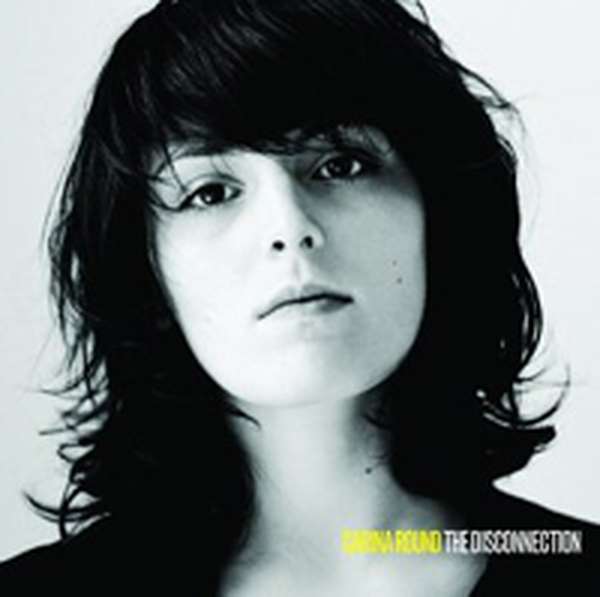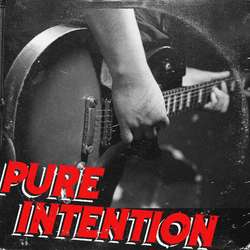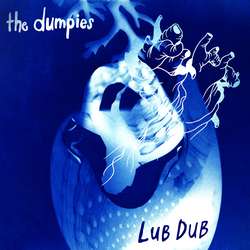Carina Round is too late for the Riot Grrrl movement, the only recent explosion of female artists. Although lo-fi indie princess Liz Phair and crazy Courtney Love of the now-defunct Hole were not considered true riot grrrls, they still benefited from the epiphany that females can rock. The movement has been strangled to death now that Liz Phair has gone Avril on us, and Courtney Love, well, is still Courtney Love; her actions are louder than her music. Carina Round wouldn't fit in with the riot grrrls, but at least she would've benefited from the exposure.
Round's album artwork is one of the few that actually reflect the artist. The front cover is a flattering black and white photograph of Carina Round, and the back cover is a gritty and grotesque photograph of Round; there are moments of beauty in The Disconnection, and at other times the music is discordant. Round cannot be denied her powerful and exquisite voice no matter how jarring the music is at times. Carina Round definitely has rock elements in her music, but she also has some soul.
The album commences with a drum pattern that will remain constant in "Shoot," while the guitar foreshadows an angst-driven song. The instrumentation is not incredibly sophisticated; it is merely an accompaniment that does not detract attention away from her voice. Carina Round scales up and down notes so effortlessly, contrasting with the cacophonic arrangements in "Into My Blood."
"Paris" has an empty sound with the light drumming and staccato guitar, but she progressively adds more instruments to make the song sound fuller; by the end of the chorus she has her own mini brass section which makes the chorus so catchy. While "Monument" anticipates something explosive like a loud chorus or a huge guitar solo, but when Round demands, "Let it come/oh God let it come" and once it comes, all we get is some noisy guitars and a peeved sounding Round.
Round displays her vulnerability in "Motel 74" with the energy toned down and lyrics like "I'm scared/I don't know why I do/but I miss you." The dichotomy between the heart of the song and the conclusion is so drastic with the awkward vocal arrangements and instrumentation at the end, that it's hard to remember what the song was about in the first place. Most singer-songwriters have at least one nice acoustic number with lovely string arrangements, and Round's is "Overcome." Round's vocals cascade beautifully over the only well-developed slow song "Elegy" to end the album.
Carina Round's album is refreshing compared to the other female singer-songwriters on the radio. Maybe Round's voice is too beautiful for its own good, because the instrumentation sounds so muddled in contrast with her voice. Also, the organization of the album left me uninterested; she began with loud alt-rock songs and ended with slow songs. The lack of balance in the organization made it difficult to listen to the album without wanting to skip tracks.





